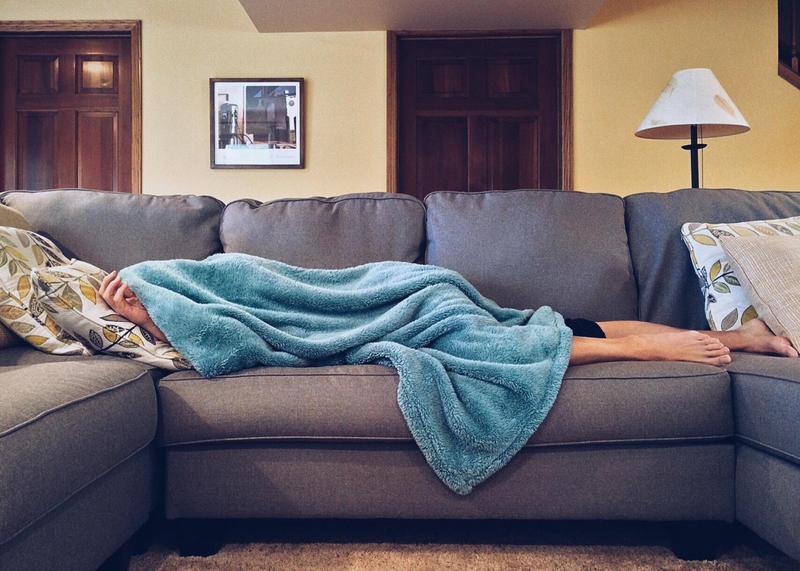How Sleep Can Affect Your RelationshipsFeb 25, 2020
We live in a busy world, and for many people, sleep isn’t a priority. There’s so much to do and so little time. Hectic work schedules, children’s activities, and appointments can take up a full day, and when free time does pop up, you may want to devote it to hobbies, catching up on your favorite TV show, or playing games on your smartphone. That’s all very understandable, but if you don’t figure out how to prioritize a restful night’s sleep, you’re not only risking your health, but also your relationships with family and friends.
GOOD SLEEP VS. BAD SLEEP
Let’s start by defining some terms and making some distinctions. Sleep deprivation is a recognized medical issue, and is defined as regularly not getting enough sleep to feel alert, rested and awake. Most experts agree that the average adult needs seven and a half to eight hours of uninterrupted sleep each night. While the quantity of time is crucial, the quality is also important. Restful sleep allows your body to cycle all the way down and enter R.E.M., rejuvenating the body and mind for the next day.
Good sleep must be a continued habit; only getting restful sleep one or two nights a week or having one marathon 12-hour sleep session won’t give you the full benefits of restfulness. It’s also important to wind down before sleep, avoiding stimulants like caffeine, sugar, and alcohol for a few hours. You should also let your mind wind down and try to stop watching TV or playing with small screen devices for an hour before bed. Even if you do these things to relax, the signals being sent to your brain through your eyes are doing the opposite.
POOR DECISION MAKING
You can see how a lack of rest can hurt your health; now let’s focus on how it can hurt your relationships with loved ones. It shouldn’t be surprising that when you aren’t alert, your decision-making skills are impaired. Sleep deprivation affects the “executive functioning” processes of the brain’s prefrontal cortex. This leads to knee-jerk reactions and failure to thoroughly consider options and consequences.
Obviously, bad decisions can lead to a variety of problems with family and friends. You can find yourself avoiding or neglecting people close to you or make unhealthy or unsafe choices that can affect them.
INCREASED ARGUMENTS
Another huge relationship issue that goes hand-in-hand with poor sleep is increased arguing. It makes sense that if decision-making is affected, irritability is also amplified. Physically, certain proteins rise to unhealthy levels during arguments, and normal sleep helps regulate them to prevent this. If you and your partner are both operating with under 7 hours of sleep, the chances of pointless and fruitless fights taking place grows dramatically. The good news is that if even one of the partners is well-rested, the argument has a chance of being worked out to an amicable resolution. But if both partners are getting healthy, restful sleep, much of this issue will disappear entirely, which makes for a much happier, healthier home life.
DECREASED GRATITUDE
One less obvious side-effect of poor sleep is that it decreases your thanks and gratitude for your partner and other family members. This explains how rude sleep-deprived teenagers can be, but it is fully true in adult life as well. Sleeping too little wears away at our empathy, making it easier to take the people in our lives for granted. Even in short terms and isolated incidents, this can easily lead to hurt feelings, resentment, and hostility. It’s critical to acknowledge what our loved ones do for us and express thankfulness. Good sleep helps make that possible.
On a positive note, it’s remarkable how easily bad sleep habits can be fixed and how so many of these problems can be eliminated. You can see how important good sleep is. Start prioritizing it right away. Make sure your sleeping area is comfortable and relaxing and start small by making your bedtime 15-20 minutes earlier. You’ll be shocked at what a difference it makes!
Be the first to post a message!
